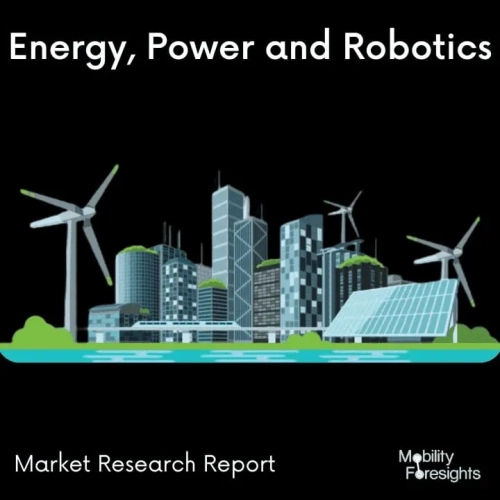
- Get in Touch with Us

Last Updated: Aug 07, 2025 | Study Period: 2025-2031
The South Africa Hybrid Battery Energy Storage System Market is projected to grow from USD 1.4 billion in 2025 to USD 5.2 billion by 2031, registering a CAGR of24.1%. Growth is fueled by rising energy demand, intermittent renewable generation, and the limitations of single-chemistry systems. Hybrid battery systems provide a flexible approach to managing both power and energy-intensive applications, supporting a resilient and decarbonized energy ecosystem in South Africa.
Hybrid battery energy storage systems (HBESS) combine two or more battery chemistries or technologies to harness the best attributes of each—such as high energy density, long cycle life, or cost-effectiveness. These systems are increasingly used in renewable integration, grid stabilization, and behind-the-meter applications. In South Africa, the shift toward decarbonized, decentralized energy systems is propelling hybrid battery solutions into the mainstream of energy planning and infrastructure investments.
The future of HBESS in South Africa is promising, with strong government backing for innovation in energy storage and power system flexibility. As the renewable share in the energy mix grows, hybrid storage will become central to meeting 24/7 clean power demand. The convergence of digital energy platforms, smart grid upgrades, and dynamic electricity pricing will further unlock value from hybrid battery deployments through 2031.
| Sl no | Topic |
| 1 | Market Segmentation |
| 2 | Scope of the report |
| 3 | Research Methodology |
| 4 | Executive summary |
| 5 | Key PredEnergy, Power, and Roboticsions of South Africa Hybrid Battery Energy Storage System Market |
| 6 | Avg B2B price of South Africa Hybrid Battery Energy Storage System Market |
| 7 | Major Drivers For South Africa Hybrid Battery Energy Storage System Market |
| 8 | South Africa Hybrid Battery Energy Storage System Market Production Footprint - 2024 |
| 9 | Technology Developments In South Africa Hybrid Battery Energy Storage System Market |
| 10 | New Product Development In South Africa Hybrid Battery Energy Storage System Market |
| 11 | Research focus areas on new South Africa Hybrid Battery Energy Storage System |
| 12 | Key Trends in the South Africa Hybrid Battery Energy Storage System Market |
| 13 | Major changes expected in South Africa Hybrid Battery Energy Storage System Market |
| 14 | Incentives by the government for South Africa Hybrid Battery Energy Storage System Market |
| 15 | Private investements and their impact on South Africa Hybrid Battery Energy Storage System Market |
| 16 | Market Size, Dynamics, And Forecast, By Type, 2025-2031 |
| 17 | Market Size, Dynamics, And Forecast, By Output, 2025-2031 |
| 18 | Market Size, Dynamics, And Forecast, By End User, 2025-2031 |
| 19 | Competitive Landscape Of South Africa Hybrid Battery Energy Storage System Market |
| 20 | Mergers and Acquisitions |
| 21 | Competitive Landscape |
| 22 | Growth strategy of leading players |
| 23 | Market share of vendors, 2024 |
| 24 | Company Profiles |
| 25 | Unmet needs and opportunities for new suppliers |
| 26 | Conclusion |